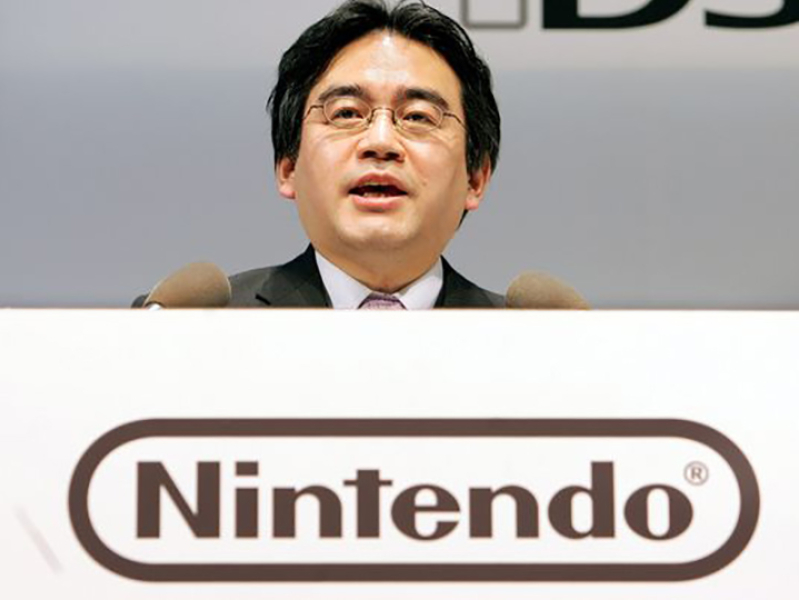
Iconic Japanese video game giant Nintendo announced the death of CEO Satoru Iwata on Sunday. He passed away from cancer at the age of 55 years old on Saturday.
According to Harumi Ozawa of Agence France-Presse, analysts have warned that his sudden death could dent a turnaround plan for the maker of iconic franchises such as Super Mario, Donkey Kong and Pokemon. The company issued a short statement on Iwata's death.
"Nintendo Co. Ltd. deeply regrets to announce that President Satoru Iwata passed away on July 11, 2015 due to a bile duct growth," Nintendo general manager Takuya Yoshimura wrote.
AFP reported that Iwata oversaw the success of Nintendo's Wii games console and a surge in revenue before he was forced to reconsider his strategy thanks to the rise of smartphone games. Although he did not attend Nintendo's shareholder meeting in June 2014, he announced financial results in May.
"Recently, as the result of... detailed examination, a growth was found in my bile duct," Iwata said in a statement back in May. "In my case, luckily, it was detected very early and I had no symptoms. I was counselled that removal at an early stage would be the desirable medical option."
Iwata added that in regards to his surgery, he "came through it well, as predicted."
According to AFP, both the markets and the video game industry reacted to Iwata's sudden death.
"I don't see that there is anyone who can run the company like Iwata. Under his leadership, it was making small but steady steps forward," analyst Satoshi Tanaka of Daiwa Securities Capital Markets said. "I am afraid the company might lose balance without Iwata."
"What a terribly sad day," chief operating officer Peter Moore of Electronic Arts wrote on Twitter. "Iwata-San was such a gentleman. Huge loss for the industry."
AFP reported that Nintendo faced stiff competition in the gaming console market with Sony and Microsoft, while all of them battled it out with games made for smartphones and tablets. Iwata initially hesitated to take Nintendo into new areas but realized there was little choice in stopping that trend into mobile gaming.
"The world is changing, so any company that is not coping with the change will fall into decline," Iwata said.
According to Takashi Mochizuki of the Wall Street Journal, speculation has focused on 62-year-old Shigeru Miyamoto, who created such franchises such as Donkey Kong, Mario and Zelda, as a potential successor to Iwata. Besides creating some of the company's popular games, he has also helped nurture younger talent at Nintendo.
"I am surprised at this sudden news and overcome with sadness," Miyamoto said in a company-issued statement, adding that he will maintain the game-development stance that he and Iwata established at Nintendo.
Miyamoto indicated through a translator that teams of employees are assigned to carry out his ideas. He cited the Wii U shooter game "Splatoon," which has sold more than a million copies worldwide.
"At the senior level, we supported them," Miyamoto said. "So that's how we are transitioning."
According to the Wall Street Journal, Iwata was active until days before his death. Nintendo has indicated that no schedule changes have been made in light of Iwata's death, including work on the next-generation NX game console and the company's first smartphone game, which could be unveiled by the end of this year.






